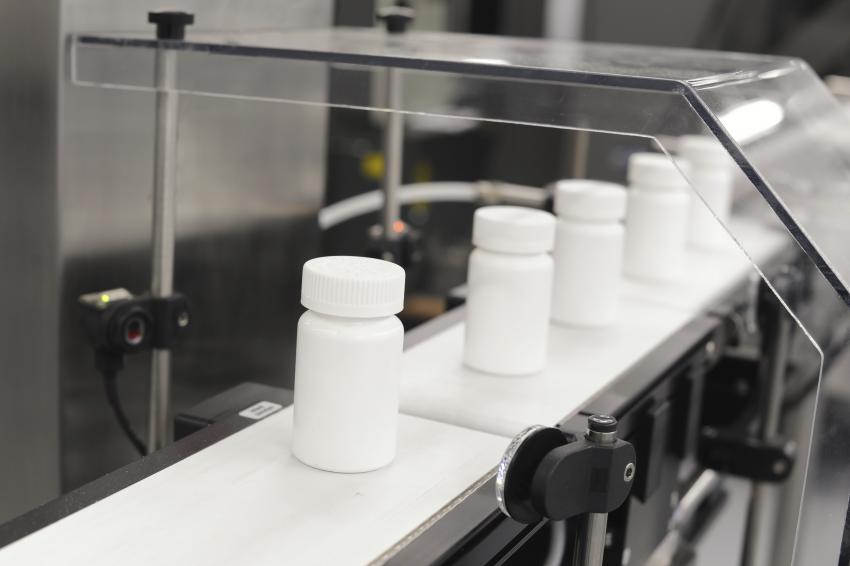Drugmakers Rush to Offer US Malaria Drugs for COVID
23.03.2020 -
Following controversial suggestions by US president Donald Trump that malaria drugs chloroquine and hydroxychloroquine are ready to be used as experimental treatments for the COVID-19 virus, international pharmaceutical producers are rushing to donate their excess supply to the US government.
After Bayer made the first gesture last week, Novartis (Switzerland) and generics producers Teva (Israel) and Mylan (US) have followed suit, offering to deliver tens of millions of tablets.
Bayer said on Mar. 19 it was donating 3 million tablets of its chloroquine phosphate drug Resochin to the US for potential use in treating COVID-19 and is working with “appropriate agencies” on an emergency use authorization for its use in the country..
Novartis has pledged a global donation of up to 130 million hydroxychloroquine tablets, while Mylan said it is ramping up production at its facility in the US state of West Virginia to be able make 50 million tablets. Teva said it will donate 16 million tablets to hospitals around the US.
All of the donations are contingent on the timely approval of the repurposed use by the US Food and Drug Administration). As yet, there are no indications that this could come in the near future.
At a press conference with Trump and vice president Mike Pence on Mar. 20, Anthony Fauci, head of the US National Institute of Allergy and Infectious Diseases (NIAID), which has been concentrating its efforts on finding a vaccine against the fast-spreading virus, corrected the president’s comment that the FDA is ready to approve the new application for the drug.
Fauci called evidence from a French trial with 24 participants infected with the virus, whose conditions showed some improvement after taking chloroquine (although 25% of still carrying the virus after six days), “anecdotal.”
The malaria drugs are also being tested against COVID-19 in China and Australia, but have not been approved for the application in either country. Other generics are also being trialed with an eye to their potential use against the virus.





